
Housing market trends and relocation impact

Federal tax credits: Still an investment opportunity?

Maximizing your deductions: Section 179 and Bonus Depreciation

Avoiding the pitfalls of warehouse lending

Changes in credit reporting and what it means for homebuyers

What’s the difference between Fannie Mae and Freddie Mac?

Why other lenders may be reaching out to your employees

A checklist for starting a mobility program review

High-cost housing and down payment options in relocation

For today's relocating home buyers, time and money are everything

Crypto + Relo: Mobility industry impacts

How I did it: Turned my side hustle into a full-time job

Make your business legit

Costs to consider when starting a business

The essential business tips for tax deductions

Investing in capital expenditures: What to discuss with key partners

Key components of a financial plan

7 beneficiary designation mistakes to avoid

Financial steps to take after the death of a spouse

Healthcare costs in retirement: Are you prepared?

Comparing term vs. permanent life insurance

What kind of life insurance is right for me?

The connection between your health and financial well-being

7 things to know about long-term care insurance

8 steps to choosing a health insurance plan

3 types of insurance you shouldn’t ignore

What is Medicare? Understanding your coverage options
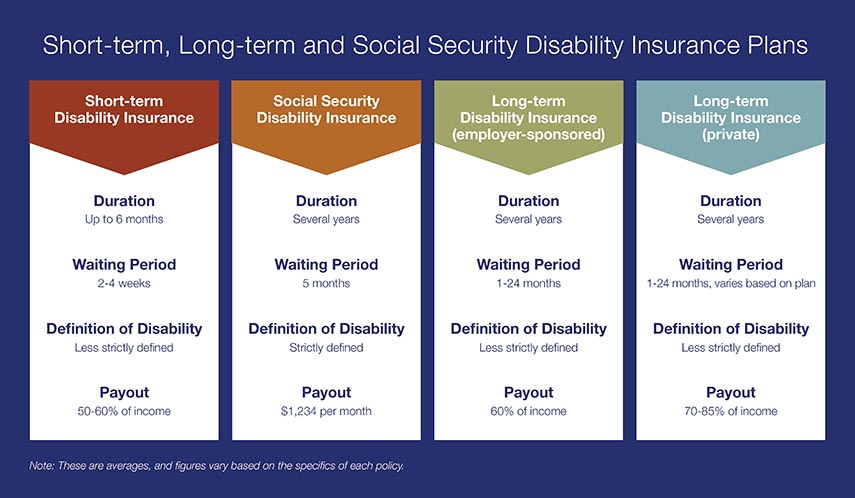
Is your employer long term disability insurance enough?

How much life insurance do I need?

Tips and tools for tax season and beyond

How to be prepared for tax season as a gig worker

7 year-end tax planning tips

A guide to tax diversification and investing

Should I itemize my taxes?

How to Adult: 7 tax terms and concepts you should know

Tips for navigating a medical hardship when you’re unable to work

Closing on a house checklist for buyers

Checklist: 10 questions to ask your home inspector

Checklist: financial recovery after a natural disaster

What documents do you need after a loved one dies?

Rebuilding finances after a natural disaster

Resources for managing financial matters after an unexpected death

5 things to know before accepting a first job offer

Annual insurance review checklist

Recognize. React. Report. Caregivers can help protect against financial exploitation

Is online banking safe?

Is raising backyard chickens a good idea financially?

Is it cheaper to build or buy a house?

How I did it: Learned to budget as a single mom

Adulting 101: How to make a budget plan

You can take these 18 budgeting tips straight to the bank

Do you and your fiancé have compatible financial goals?

Save time and money with automatic bill pay

Which is better: Combining bank accounts before marriage — or after?

Personal finance for teens can empower your child

Don’t underestimate the importance of balancing your checking account

9 simple ways to save

Is it time to get a shared bank account with your partner?

How to save for a wedding

It's possible: 7 tips for breaking the spending cycle

Here’s how to create a budget for yourself

Multiple accounts can make it easier to follow a monthly budget

7 steps: How couples and single parents can prepare for child care costs

What you need to know about renting

What’s a subordination agreement, and why does it matter?

Know your debt-to-income ratio

How to use debt to build wealth

Understanding the true cost of borrowing: What is amortization, and why does it matter?

Your quick guide to loans and obtaining credit

Overcoming high interest rates: Getting your homeownership goals back on track

For today's homebuyers, time and money are everything

How I did it: Bought my dream home using equity

Buying a home Q&A: What made three homeowners fall in love with their new home

Should you buy a house that’s still under construction?

Managing the impacts of appraisal gaps in a hot housing market

Crypto + Homebuying: Impacts on the real estate market

Preparing for homeownership: A guide for LGBTQ+ homebuyers

How I did it: Built living spaces to support my family

House Hacks: How buying an investment property worked as my first home

Your guide to breaking the rental cycle

What are conforming loan limits and why are they increasing
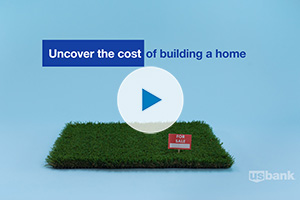
Webinar: Uncover the cost: Building a home

Checklist: 6 to-dos for after a move

Spring cleaning checklist for your home: 5 budget-boosting tasks

Saving for a down payment: Where should I keep my money?

How I did it: My house remodel

How I did it: Bought a home without a 20 percent down payment

Money Moments: How to finance a home addition

Home buying myths: Realities of owning a home

Are professional movers worth the cost?

Money Moments: Tips for selling your home

The lowdown on 6 myths about buying a home

Get more home for your money with these tips

First-time homebuyer’s guide to getting a mortgage

4 ways to free up your budget (and your life) with a smaller home

Dear Money Mentor: When should I refinance a mortgage?

What is a home equity line of credit (HELOC) and what can it be used for?

Quiz: How prepared are you to buy a home?

10 ways to increase your home’s curb appeal

10 questions to ask when hiring a contractor

Building a dream home that fits your life

Beyond the mortgage: Other costs for homeowners

How you can take advantage of low mortgage rates

5 things to avoid that can devalue your home
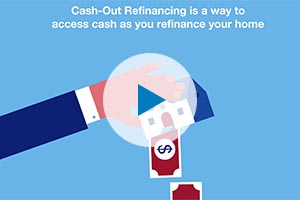
Webinar: Mortgage basics: What is refinancing, and is it right for you?

Should you get a home equity loan or a home equity line of credit?

What is an escrow account? Do I have one?

These small home improvement projects offer big returns on investment

Webinar: Mortgage basics: How much house can you afford?

Webinar: Mortgage basics: Prequalification or pre-approval – What do I need?

Is it the right time to refinance your mortgage?

What is refinancing a mortgage?

What to know when buying a home with your significant other
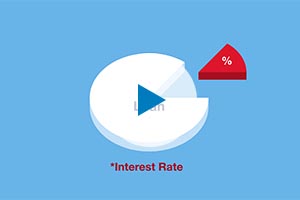
Webinar: Mortgage basics: What’s the difference between interest rate and annual percentage rate?

Home equity: Small ways to improve the value of your home
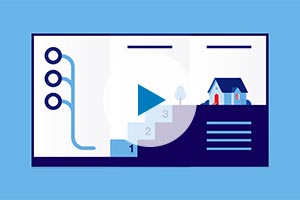
Webinar: Mortgage basics: 3 Key steps in the homebuying process

How do I prequalify for a mortgage?
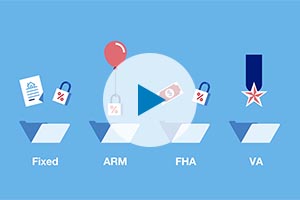
Webinar: Mortgage basics: Finding the right home loan for you

Webinar: Mortgage basics: Buying or renting – What’s right for you?
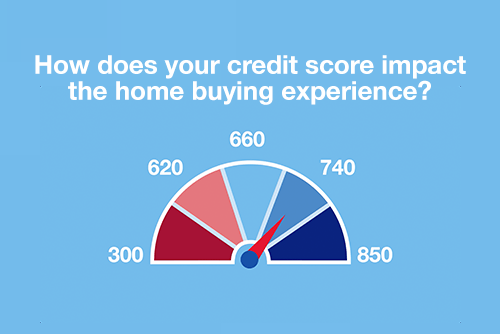
Webinar: Mortgage basics: How does your credit score impact the homebuying experience?

Is a home equity line of credit (HELOC) right for you?

Can you take advantage of the dead equity in your home?
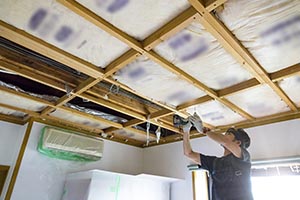
How to use your home equity to finance home improvements

4 questions to ask before you buy an investment property

10 uses for a home equity loan

8 steps to take before you buy a home

6 questions to ask before buying a new home
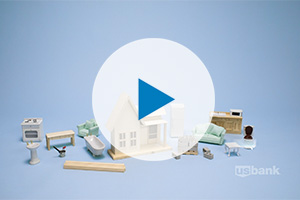
Webinar: Uncover the cost: Home renovation

Test your loan savvy

6 essential credit report terms to know


